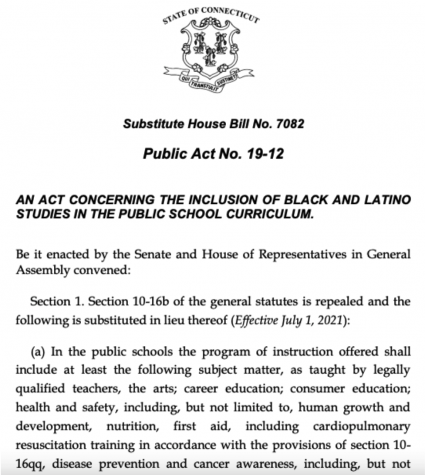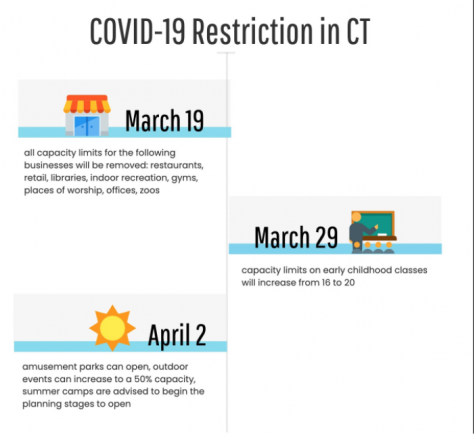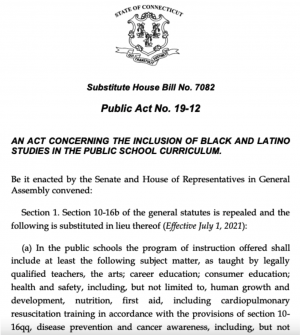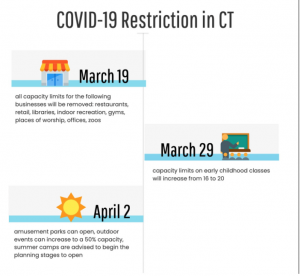Connecticut must protect problem gamblers when legalizing online gambling
The Connecticut legislature is pushing to pass two bills, HB 6451 and SB 146, that would completely legalize online gambling. Connecticut must help protect problem gamblers by implementing a time-limit provision into these bills.
Two years ago, a friend of mine told me that they had blown nearly $600 betting on the Super Bowl. At the time I laughed it off, but after I found out that he burned through nearly $2,000 on other sporting events, my mild amusement quickly turned to concern. It became obvious to me that he was part of the 5% of all teenagers who are problem gamblers.
Throughout the COVID-19 pandemic, gamblers have shifted from physical casinos to online gambling, with an increase of 30% to 40% nationwide. Connecticut is now the latest state to capitalize on this trend with two bills: An Act Concerning Gaming Agreements With The Mashantucket Pequot Tribe And The Mohegan Tribe Of Indians Of Connecticut and An Act Authorizing Sports Wagering, Online Casino Gaming, Online Lottery And Online Keno. These bills would legalize both sports betting and online gambling, which could potentially place problem gamblers at risk. Connecticut must establish a provision that would implement mandatory time limits on gambling websites.
Online gambling offers two main issues to problem gamblers: there’s no limitation on availability and there’s no time restriction. Mandatory time limits could easily fix these issues. There are already websites such as betblocker.org which are used to control the amount of time that problem gamblers can spend on gambling websites. By implementing a time-limit provision into the bills, it would prevent gamblers from quickly burning through their money.
What’s important to acknowledge about these two bills is that they are an opportunity to help regulate a widespread underground industry that has been praying upon problem gamblers since the internet’s inception. According to Macro Economist Jay Zagorsky, illegal sports gambling in the United States alone is a $67 billion industry.
Connecticut has the opportunity to take control over such a massive market and mitigate a lot of its more harmful effects, especially those on teen gamblers.
— Jake Fitzpatrick '22
Connecticut has the opportunity to take control over such a massive market and mitigate a lot of its more harmful effects, especially those on teen gamblers. Though the bills would criminalize underage gambling, it is very easy for teens to obtain fake identification, with two-thirds of all underage college students having access to one. Since teens spend about nine hours a day on the internet on average, putting time limits on gambling would be crucial to diminish daily losses.
It is in Connecticut’s best interest to fight against problem gambling, especially since opening online gambling to the public might result in a surge of new gamblers. Any check that can be put in place to mitigate the dreadful effects of gambling addiction would be extremely beneficial to any teenager who is trying to fight it. By implementing mandatory time limits on all gambling websites, it would alleviate the issues of unbound access that would slowly drain the money of problem gamblers which could lead to desperate gamblers looking for other avenues of fueling their addiction, even if that means going into debt.

As staff writer Jake Fitzpatrick ’22 is embarking on his first year on Inklings, he hopes to write many articles voicing his opinions.
“My biggest...





























































